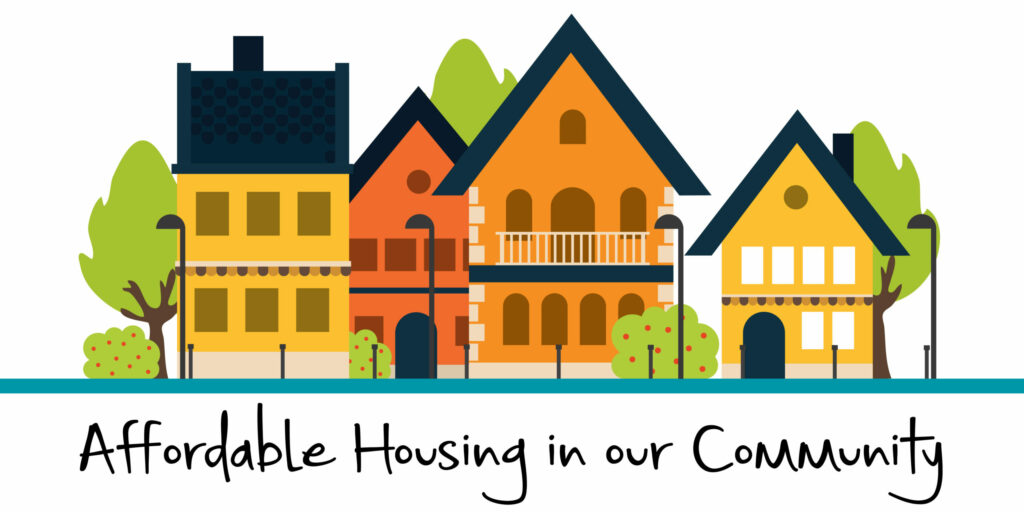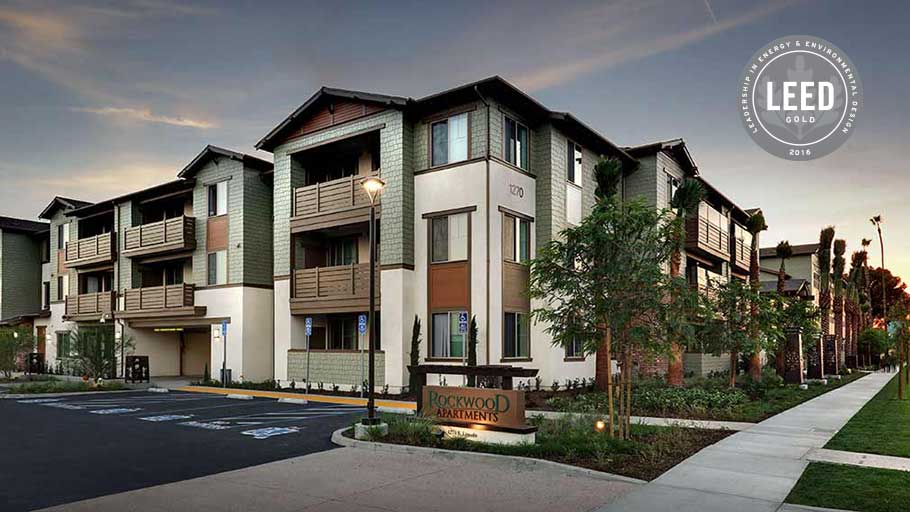Strategies for Attaining Affordable Homeownership with a Tight Budget
Strategies for Attaining Affordable Homeownership with a Tight Budget
Blog Article
Economical Homeownership Options for First-Time Homebuyers
As the housing market remains to progress, newbie homebuyers deal with one-of-a-kind difficulties in protecting budget friendly homeownership choices. Various sources, consisting of government support programs, low-down-payment home loans, and targeted gives, have actually emerged to alleviate monetary pressures. These efforts not only help with homeownership but likewise foster area security and financial development. Navigating these options can be intricate, and understanding which paths are most helpful calls for mindful consideration. What strategies can potential homeowners use to optimize their chances in this landscape?
Government Aid Programs
Federal government support programs play a crucial duty in making homeownership achievable for many individuals and family members. These programs intend to minimize the monetary problem linked with buying a home, especially for new purchasers. By providing economic aid, grants, and tax obligation incentives, government campaigns help connect the space between increasing housing prices and the buying power of prospective property owners.
Numerous programs are offered at the federal, state, and regional degrees. For circumstances, the Federal Housing Management (FHA) offers insurance coverage on finances, enabling lending institutions to supply a lot more favorable terms, such as lower deposits and lowered interest prices. In addition, state and city governments frequently have their own efforts, which might consist of down settlement aid programs, buyer education and learning programs, and favorable home mortgage terms.
These programs are created to deal with the unique obstacles encountered by reduced- to moderate-income families, including limited cost savings and credit report. By fostering an atmosphere where homeownership is a lot more easily accessible, entitlement program programs not only sustain individual desires yet also add to area security and economic development. Comprehending and utilizing these sources can considerably enhance the potential customers of successful homeownership.
Low-Down-Payment Home Loans
For numerous aspiring home owners, low-down-payment home loans offer a viable pathway to homeownership, particularly in today's tough real estate market. These mortgage alternatives generally require deposits varying from 3% to 5%, making it simpler for newbie customers to enter the market without the burden of conserving for a substantial deposit.
Different loan providers offer low-down-payment programs, consisting of standard finances backed by Fannie Mae and Freddie Mac, in addition to government-backed alternatives like FHA finances. These home loans are designed to fit individuals with limited savings while still giving affordable interest rates. Significantly, they permit purchasers to maintain even more cash money for other necessary costs, such as relocating prices, home inspections, and prospective improvements.
Nonetheless, possible homeowners ought to be mindful of the trade-offs connected with low-down-payment home mortgages. A smaller sized deposit may result in higher regular monthly repayments and the requirement of exclusive home loan insurance coverage (PMI), which secures lenders in situation of default. As a result, it is vital for newbie customers to conduct comprehensive research and seek advice from with home mortgage professionals, guaranteeing they select a low-down-payment option that lines up with their long-term economic goals. Affordable Homeownership.
First-Time Buyer Grants
Several novice property buyers find that grants can substantially alleviate the monetary burden of buying a home, enhancing low-down-payment mortgage options. These gives, usually offered by state and charitable organizations or neighborhood governments, offer financial aid that does not call for payment, making them an appealing alternative for those getting in the housing market.
Qualification for first-time homebuyer gives normally depends on revenue, credit reliability, and the purchase price of the home. Many programs are made to aid reduced- to moderate-income households, making sure that support reaches those who need it most. The application procedure typically includes documents of financial status, property buyer education and learning programs, and in some cases even a commitment to remain in the home for a certain period.
The quantity helpful varies extensively, with some gives giving a number of thousand bucks to help cover closing costs or deposits. Investigating offered gives in your location is necessary, as programs regularly change and might have details requirements. By leveraging these financial sources, newbie property buyers can make homeownership more available, inevitably accomplishing their desire of owning a home while minimizing the first financial pressure.
Cutting-edge Neighborhood Campaigns
Ingenious neighborhood efforts are playing a critical function in broadening budget-friendly homeownership options for citizens. These campaigns commonly involve collective initiatives between city governments, non-profit organizations, and economic sector stakeholders to produce lasting real estate options tailored to area requirements.
One significant approach is the facility of neighborhood land counts on (CLTs), which allow homeowners to buy homes while the land continues to be had by the depend on. This model helps keep affordability over time and prevents speculative price increases. In addition, CLTs usually provide educational resources and support solutions to equip first-time property buyers.
Another effective initiative is the development of mixed-income real estate jobs, which blend budget-friendly systems with market-rate homes. This technique cultivates comprehensive neighborhoods and lowers the preconception commonly connected with low-income housing. Furthermore, neighborhood federal governments are increasingly supporting zoning reforms to promote the building and construction of accessory why not check here home devices (ADUs), which can give extra rental revenue for house owners while raising real estate schedule.

Tips for Budgeting and Saving

Next, establish a dedicated interest-bearing account particularly for your future home purchase. Objective to conserve a percent click to find out more of your income regularly, ideally 20% or more, to construct a significant deposit. Utilize automation tools, such as direct deposit or automatic transfers, to make saving simpler and a lot more regular.
Furthermore, think about adopting the 50/30/20 rule: assign 50% of your revenue to demands, 30% to wants, and 20% to savings and financial obligation payment - Affordable Homeownership. This approach promotes balanced economic health

Verdict
In recap, budget-friendly homeownership choices for novice buyers encompass various resources such as government assistance programs, low-down-payment home mortgages, and gives. These efforts not just promote entrance into the real estate market but additionally advertise community stability and financial growth. By leveraging these monetary tools, individuals can navigate the complexities of homeownership, inevitably adding to a much more fair real estate landscape. Continued support and awareness of these programs are important for boosting accessibility to homeownership opportunities.
As the real estate market continues to advance, new homebuyers encounter distinct obstacles in securing budget-friendly homeownership choices. By cultivating a setting where homeownership is extra easily accessible, federal government help programs not only support specific goals however also contribute to area stability and financial growth. By leveraging these monetary resources, first-time buyers can make homeownership a lot more easily accessible, inevitably attaining their desire of owning a home while minimizing the initial financial strain.
In summary, inexpensive homeownership alternatives for anonymous novice property buyers incorporate different sources such as federal government assistance programs, low-down-payment mortgages, and gives. By leveraging these monetary tools, people can navigate the intricacies of homeownership, inevitably adding to a more equitable housing landscape.
Report this page